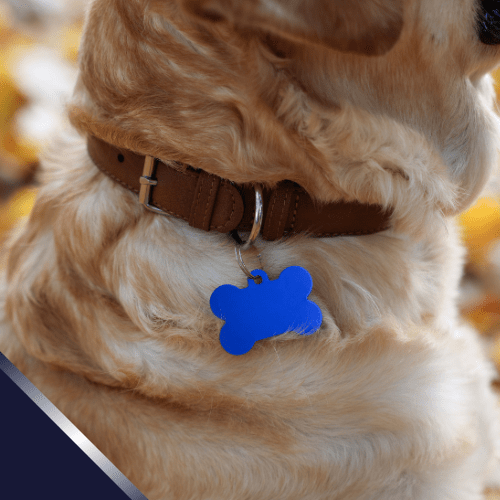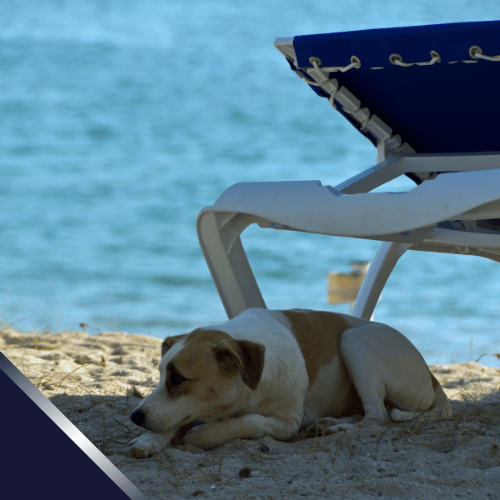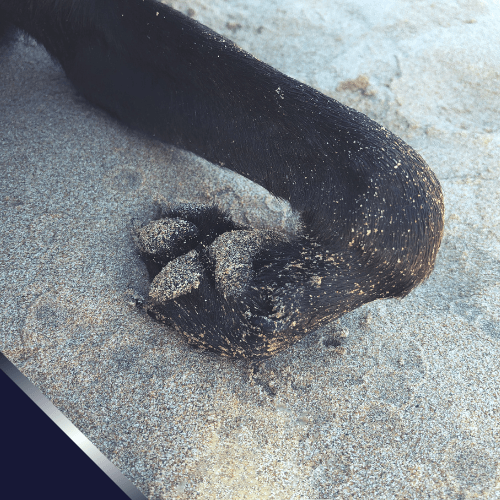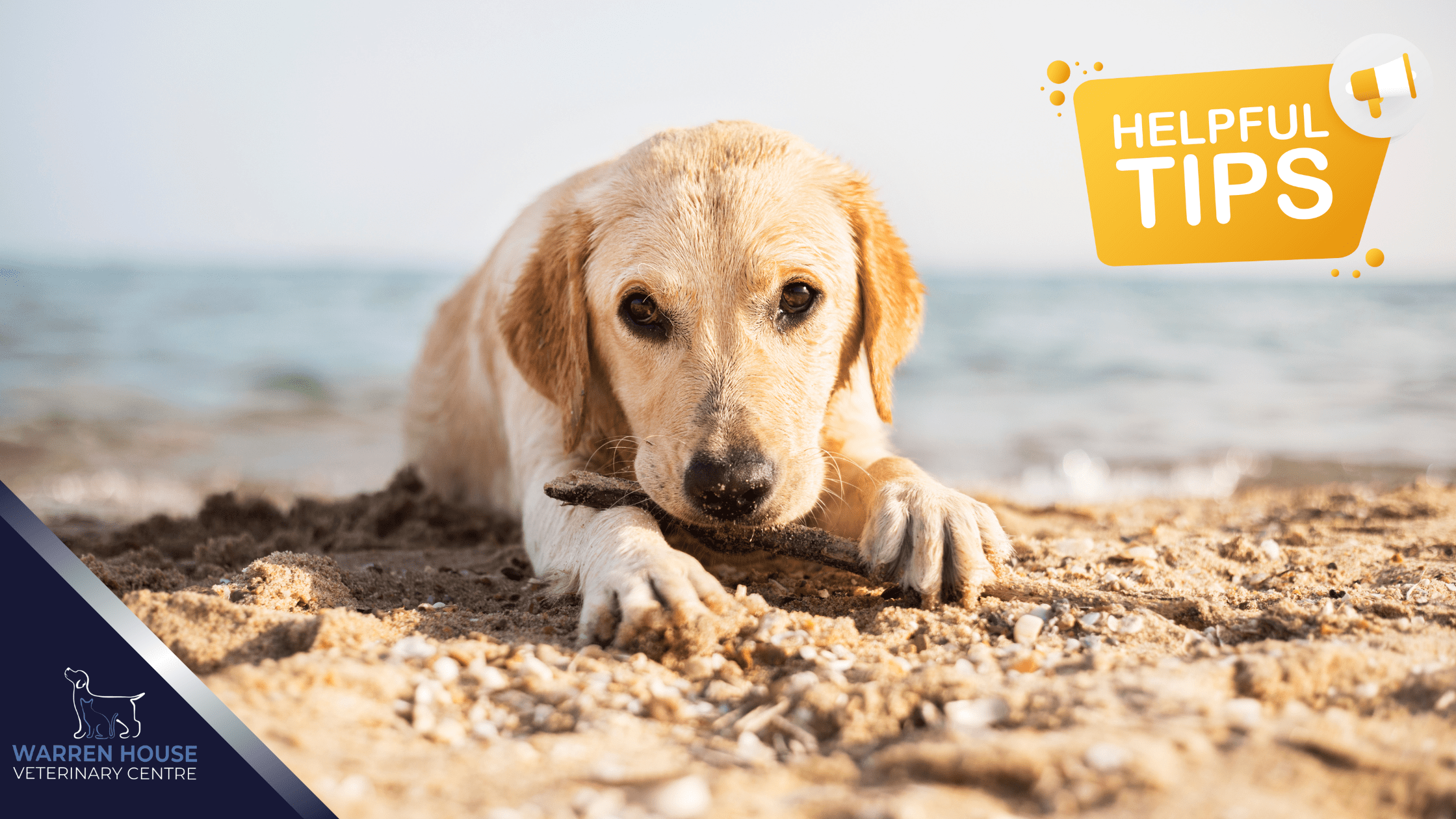Taking your pets to the beach during the holidays can be a delightful experience, but it also requires careful planning to ensure their safety and well-being. Here are some essential beach safety tips for pets:
Before you go…

Check the beach regulations:
- Pet-Friendly Beaches: Confirm that the beach you plan to visit allows pets, and review any specific rules or restrictions.
- Leash Laws: Understand the leash requirements and respect them to keep your pet and others safe.
Health & Identification:
- Current Vaccinations: Ensure your pet’s vaccinations are up-to-date.
- ID Tags and Microchip: Make sure your pet has an ID tag with your contact information and consider microchipping for extra security.

At the beach…

Hydration and Sun Protection:
- Fresh Water: Bring plenty of fresh water and a portable bowl to keep your pet hydrated.
- Shade: Provide a shaded area where your pet can rest to avoid overheating.
- Sunscreen: Use pet-safe sunscreen on areas with little fur, like the nose and ears, to prevent sunburn.
Heat and Overheating:
- Avoid Midday Heat: Visit the beach during the cooler parts of the day, such as early morning or late afternoon.
- Watch for Signs: Monitor your pet for signs of overheating, such as excessive panting, drooling, and lethargy. Move to a shaded area and offer water immediately if you notice these signs.


Water Safety:
- Swimming Skills: Ensure your pet is comfortable in the water and knows how to swim. Not all pets are natural swimmers.
- Life Vest: Consider using a pet life vest for added safety, especially if your pet is not a strong swimmer.
- Supervision: Always supervise your pet while they are in or near the water to prevent accidents.
Beach Hazards:
- Sharp Objects: Watch for broken glass, sharp shells, and other debris that could injure your pet’s paws.
- Hot Sand: Check the temperature of the sand. If it’s too hot for your bare feet, it’s too hot for your pet’s paws. Provide a mat or towel for them to sit on.
- Rip Currents: Be aware of rip currents and strong waves. Keep your pet close to shore to avoid being swept away.

After the beach…

Rinse Off:
- Fresh Water Rinse: Rinse your pet with fresh water to remove salt, sand, and any potential irritants from their fur and skin.
- Check for Irritations: Look for any signs of skin irritation, such as redness or itchiness, and consult your vet if necessary.
Paw Care:
- Inspect Paws: Check your pet’s paws for cuts, scrapes, or embedded objects.
- Moisturize: Apply a pet-safe moisturizer if their paws appear dry or cracked.


Rest and Hydration:
- Rehydrate: Ensure your pet drinks plenty of water after returning from the beach.
- Rest: Allow your pet to rest and recover from the excitement and physical activity of the beach trip.
Other considerations…
Snacks and Picnics:
- Secure Food: Keep human food and snacks out of reach. Many beach snacks, like grapes and chocolate, can be toxic to pets.
- Pet Treats: Bring pet-safe treats to reward your pet and keep them satisfied.


Wildlife and Marine Life:
- Respect Wildlife: Keep your pet away from wildlife and nesting areas to avoid disturbances and potential harm.
- Jellyfish and Seaweed: Be cautious of jellyfish and certain types of seaweed, which can be harmful if touched or ingested.
By following these tips, you can ensure a safe, fun, and memorable beach outing with your pet during the holiday season. Enjoy the sun, sand, and waves responsibly!
Thank you for reading, until next time…

